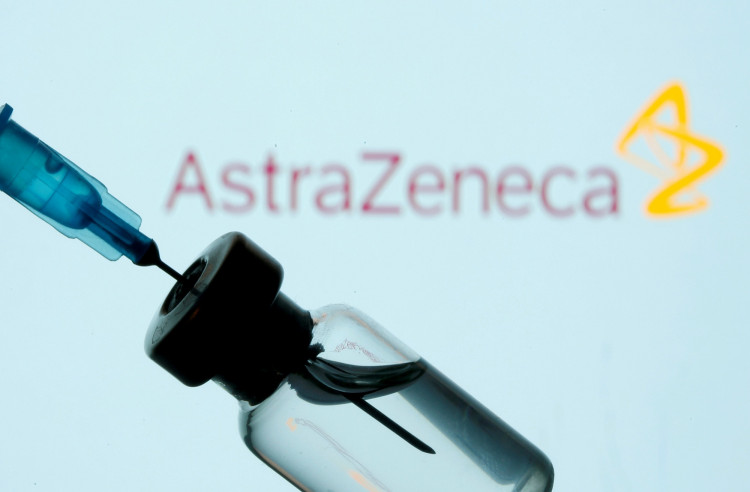The U.S. National Institute of Allergy and Infectious Diseases has issued a statement advising AstraZeneca to "ensure the most accurate, up-to-date efficacy data be made public as quickly as possible" for its COVID-19 vaccine trial.
In response, AstraZeneca promised up-to-date numbers in the next 48 hours.
AstraZeneca published the results of the long awaited U.S. trial of its COVID vaccine, developed in collaboration with scientists from Oxford University's Jenner Institute, on March 22. The data showed that the two-dose vaccine was 79% effective in preventing COVID symptoms and 100% effective in preventing severe disease.
The data, however, may not have included the most recent information shared with the organization by the independent Data Safety Monitoring Board, which monitors vaccine trials in the U.S.
COVID-19 vaccine trials in the U.S. are performed under randomized, double-blind conditions, which ensures that neither the doctors and staff conducting the trials nor the volunteers taking part in them know if they are getting the actual vaccine being tested or a placebo.
The two-dose AstraZeneca vaccine is seen as a tremendous hope for helping to increase vaccine access across the world because it is less costly than other COVID vaccines and cheaper to produce and administer than some. It is widely used in Europe and, to a lesser extent, in Asia.
However, the company's vaccination efforts have been hampered by mishaps and concerns about its public announcements. The U.S. study was halted for a month and a half early on due to a neurological condition in one patient, which was eventually found to be unrelated to the vaccine. And earlier trial findings seemed to indicate at one point that the second dose of the vaccine lowered its efficacy. The company's unconventional practice of pooling data from clinical trials in its studies also contributed to some of the earlier uncertainty.
AstraZeneca reportedly hadn't planned to publish its initial analysis, opting instead to wait for the full set of data. However, concerns over in Europe about the efficacy and usefulness of the medication in older people prompted the drugmaker to share the information earlier.
It's uncertain if this latest issue would impact the vaccine's approval in the United States. AstraZeneca was expecting to get Food and Drug Administration clearance beginning of April.





